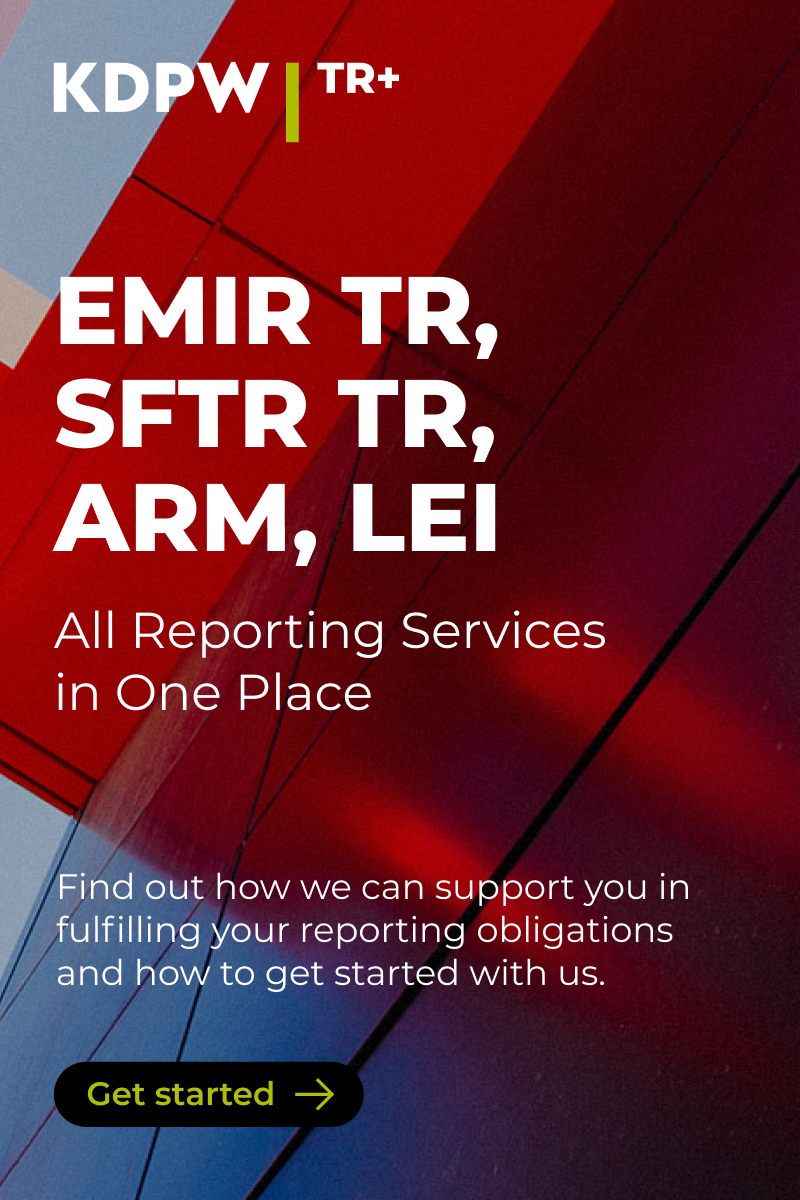SETL, the London based blockchain company, has proposed that regulators step into the public blockchain space and require miners to be responsible for changes they propose to the ledger.
"It's time we opened up this sector to innovation from the regulated financial services sector,” states Anthony Culligan, chief engineer and co-author of SETL’s new whitepaper ‘Realise the Regulated Internet of Value’.
According to Culligan, this can only happen by ensuring that all transactions on public chains meet the same standards as account-based transactions.
Existing mining pools are run by a small number of companies that need to choose a regulated or unregulated future, he states.
“There is nothing in the original idea of public blockchains that promotes or recommends the current regime so let's be proactive and put proper public interest at the heart of public blockchains,” Culligan comments.
SETL proposes that the benefit of tokenisation is that it creates a direct association between the holder and its issuer and alleviates the need for multiple intermediary ledgers. It also creates a unified approach to interact with all types of assets and liabilities.
The paper affirms that tokenisation is the construct and DLT is the mechanism to provide the technological foundation to operate a resilient and programmable network which supports multiple assets and regulated liabilities on a common platform.
SETL notes regulation, standards and interoperability will be the challenges that need to be met to bring about a regulated internet of value based on tokenisation.
The blockchain company suggests that forming a common understanding between regulators, central banks and the private sector on oversight, protection and stability is key.
At the same time, creating open standards enhances competition, while technical interoperability and a deep understanding of the complex mechanics of regulated financial markets will be core, according to the paper.
The analysis details how tokenisation could leverage the considerable work that has gone into making thousands of banks and financial companies operate in today's world while benefiting from the new technology that is emerging in the blockchain and DLT fields.
Culligan warns: "It would be a mistake for blockchain technologies to try to reinvent the wheel. As this technology matures and becomes part of global finance it needs to be fit for purpose and interoperable with a range of protocols, standards and ledger systems that exist already."
Philippe Morel, CEO, SETL, adds: “We are proud of our super-efficient private DLT and the ability to develop on major public DLT, according to our clients’ needs. We believe that both private and (better regulated) public DLTs have a role to play in tokenising financial assets and liabilities.”


